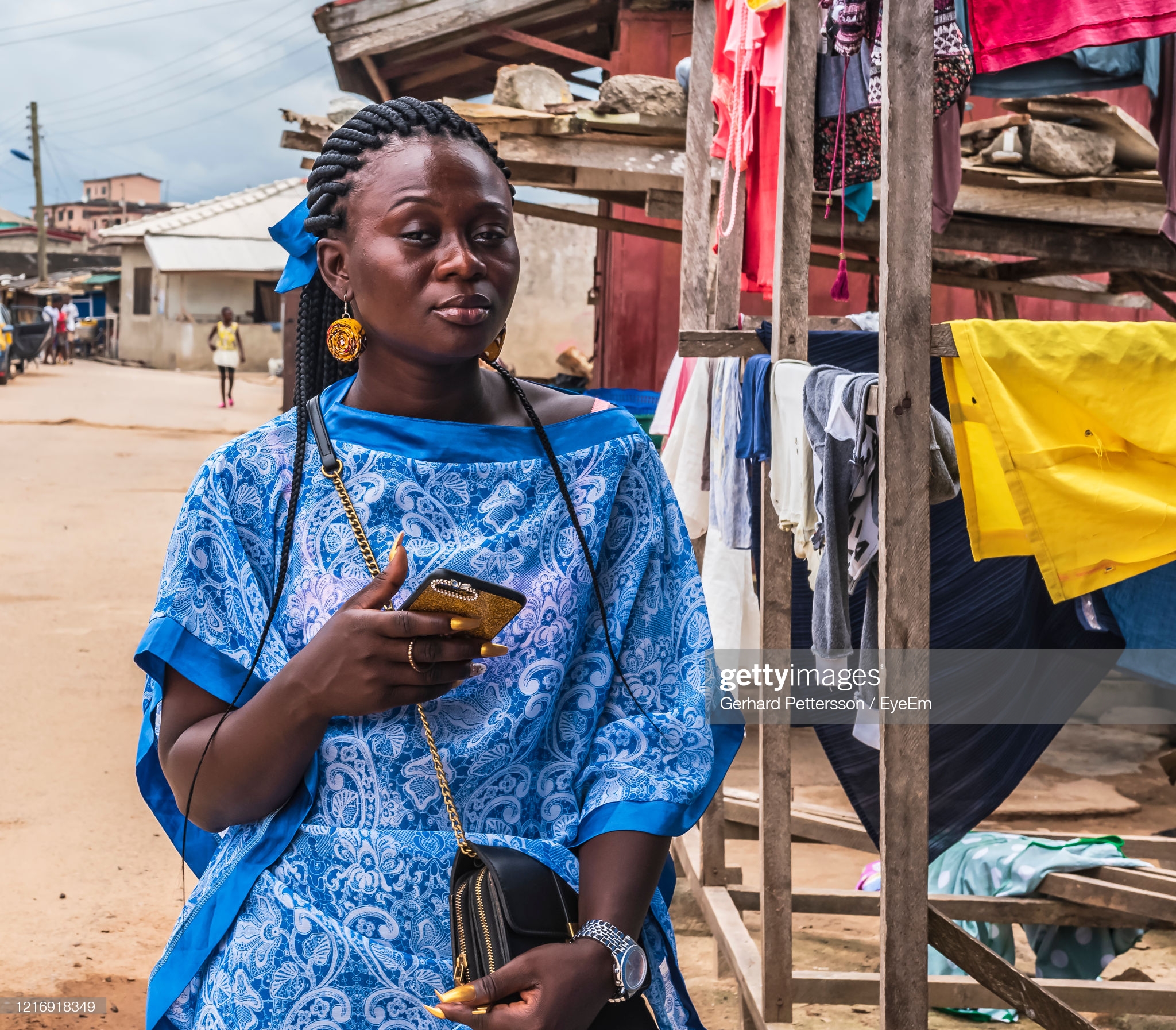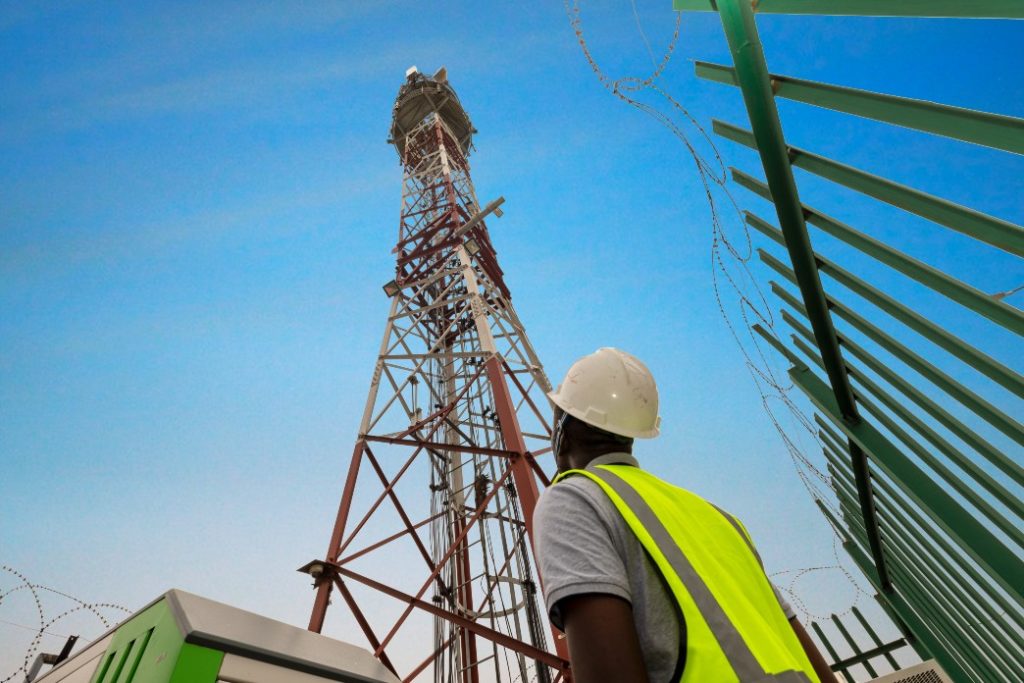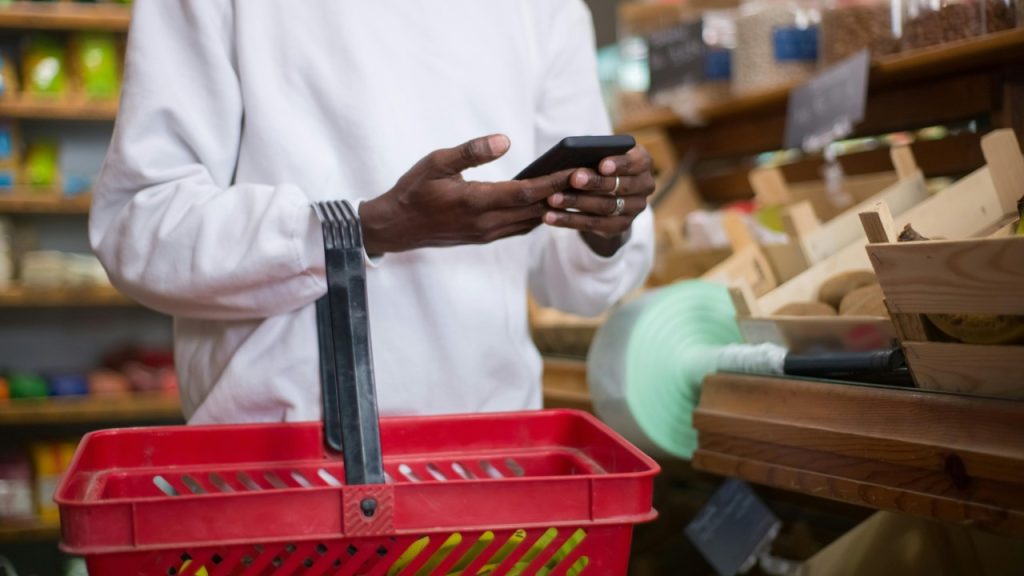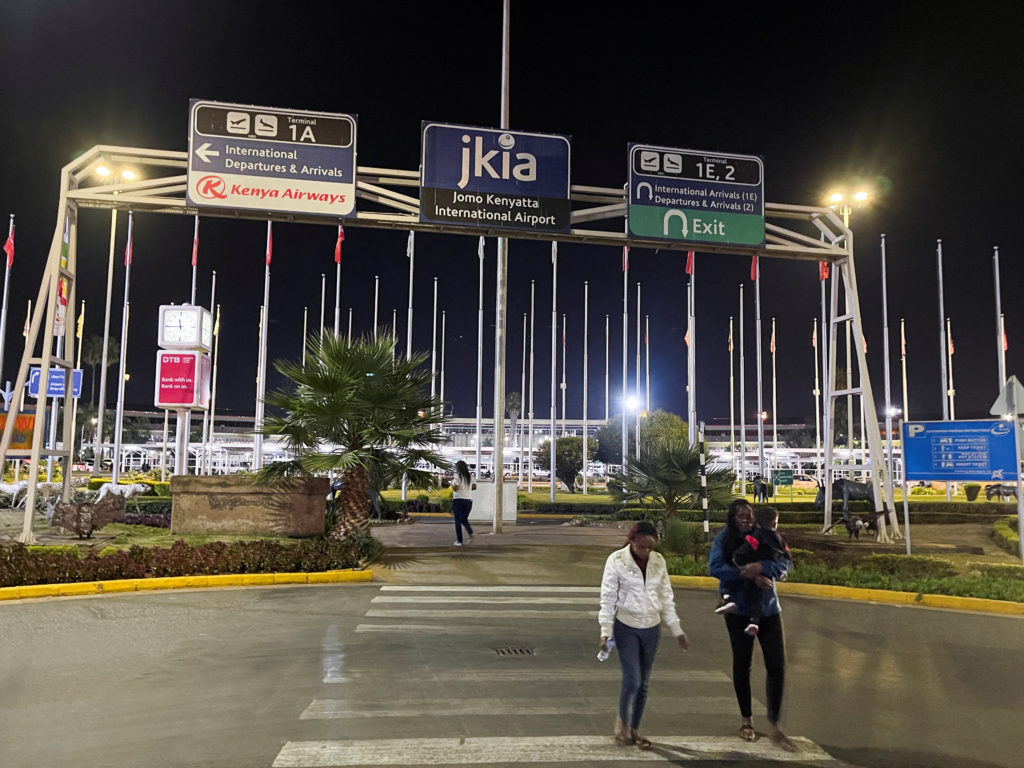
November 29th 2021
The Next Wave provides a futuristic analysis of BizTech and innovation in Africa. Subscribe here to get it directly in your inbox on Sundays at 3 PM (WAT).
In 2021, less than 1% of all the money raised by startups in Africa went to female single founders and female-only founders teams. This chasm becomes more evident when you see that male single founders and male-only founders teams raised 81% while gender-diverse founding teams managed 18%.
But this isn’t the starting point of this gap. This conversation begins with something as mundane as internet access. Owning a mobile phone with access to the internet can be life-changing for anybody, but women in Africa and other low and middle income countries (LMICs) are shut off from the internet for many reasons. This might be because these women have low literacy levels, low income, live with a disability or are in rural areas. And even after they overcome these hurdles and get the same levels of education, earnings, and job engagement as men, they are still likely to face discrimination, which makes it less likely for them to own a mobile phone or use the internet.
In LMICs, almost half of the men are connected to the internet, compared to a third of women. And what’s even more alarming is that this digital gender gap has barely reduced since 2011—dropping from 30.9% to just 30.4%—a sign that there’s been little to no intervention from the governments of these countries. While, globally, men are 21% more likely to have access to the internet than women, this figure has risen to 52% in developing countries.

Fewer women, less money
A study by the World Wide Web Foundation and the Alliance for Affordable Internet (A4AI) on 32 lower and middle income countries—including India, Egypt, and Nigeria—discovered that, in 2020, the governments in these countries, lost an estimated $126 billion in GDP because women were unable to contribute to the digital economy. The digital gender gap—the difference between men and women with access to the internet—cost these countries $24 billion in lost tax revenue in 2020.
The research also shows that, over the past decade, LMICs in Africa and Asia have lost $1 trillion because women do not have equal access to the internet. They also risk losing an additional $500 billion by 2025, if governments do not take deliberate measures to get more women on the internet.
Partner Message

Receive money from over 30 countries directly to your bank account or mobile wallet. Visit send.flutterwave.com and do it now!
Creating wealth with women
One of the easiest ways for women to accumulate wealth is through entrepreneurship. Women make up to 43% of entrepreneurs. As a matter of fact, in Nigerian states like Lagos and Abia, female entrepreneurs are more than male entrepreneurs.
When women get access to the internet they get the chance to digitise their businesses and they become e-commerce. E-commerce has, in fact, been described by the International Finance Corporation (IFC) as an entry point for women into the digital economy.
Data from Jumia, an online marketplace, shows that 35% of the businesses in Côte d’Ivoire and 51% of businesses in Kenya and Nigeria were owned by women. While these numbers are not half bad, there is much for the continent to gain if women’s sales in the e-commerce industry reach parity with men; nearly $15 billion could be added to the African market by 2030. Ensuring parity in the e-commerce industry is important because it is expected to grow from $27 billion in 2020 to $36 billion by 2024.

While women are likely to own micro enterprises, they usually have fewer employees, low individual sales, and struggle to raise capital or access loans from banks. It is no wonder, then, that Nigerian agent banking lender Moni Africa using its online platform to provide loans to mobile money agents has captured a special audience in women. Seventy percent of agents that use its loaning services are women, who have been able to grow their businesses by as much as 3x. These female agents can be credited for Moni Africa’s growth—disbursing over $5 million (₦2 billion) through 10,000 loans to thousands of agents and recording a 0.1% default.
One thing that is sure to happen when women get access to the internet and, by extension, work in tech is that they pay it forward. A perfect example is Eloho Omame, founding managing director of Endeavour Nigeria and Odunayo Eweniyi, co-founder of Piggyvest, who both co-founded FirstCheck Africa, a fund that invests in “ridiculously early” stage startups to “advance equity, wealth, and capital for a generation of women in Africa through technology and entrepreneurship”. Since launching in January last year, FirstCheck has invested in 4 women-led startups.
According to estimates from IFC and Google, Africa’s internet economy could add $180 billion to African GDP by 2025. Filling up the digital divide, the disparity in funding between men- and women-led startups, and ensuring young female innovators are not excluded from the internet will help the continent effectively tap into this potential.
From the Cabal
African businesses struggle with accessing data about their market audience, Survey54 wants to change that by using multiple data collection tools to provide them with useful and efficient data. Read more about how it intends to do this.
Have a great week.
Thank you for reading The Next Wave. Please share today’s edition with your network on WhatsApp, Telegram and other platforms, and reply to this email to let us know what we can be better at.
Subscribe to our TC Daily Newsletter to receive all the technology and business stories you need each weekday at 7 AM (WAT).
Follow TechCabal on Twitter, Instagram, Facebook, and LinkedIn to stay engaged in our real-time conversations on tech and innovation in Africa.
Sultan Quadri, Staff Writer, TechCabal.


















